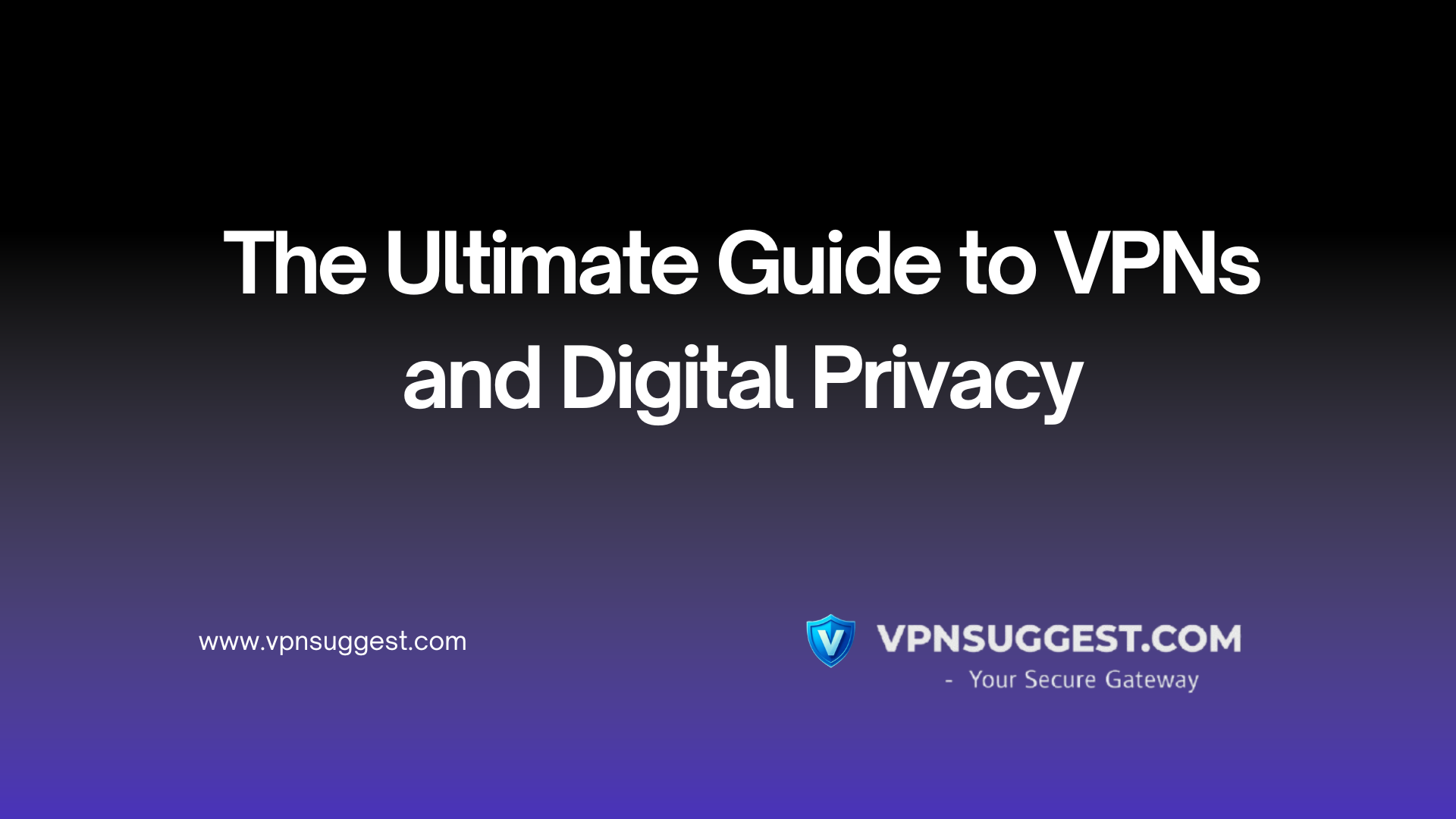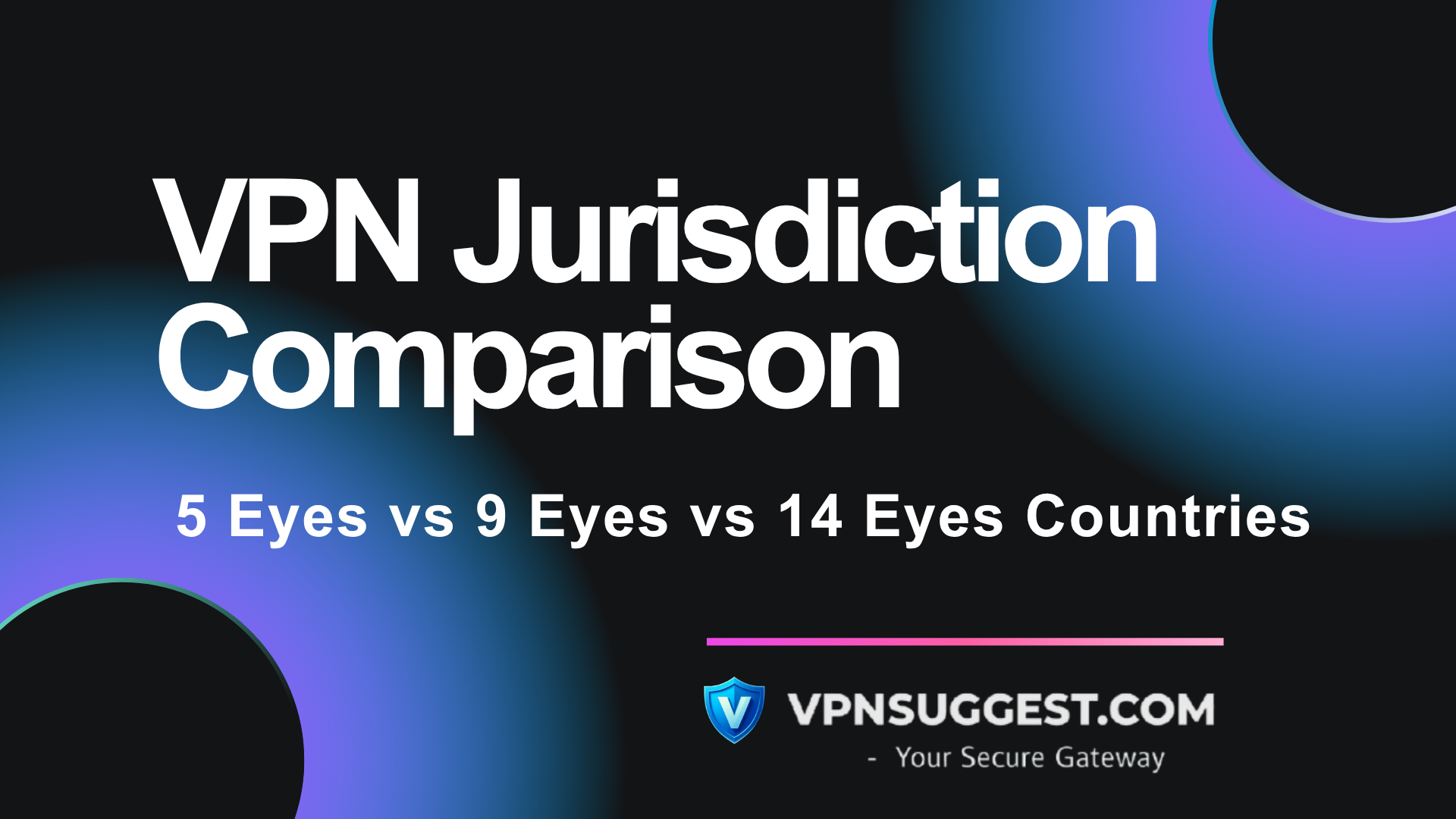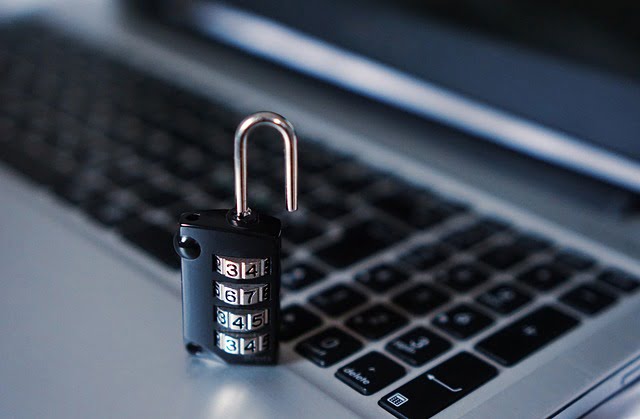How to Stop Websites from Detecting Your VPN

A common question – How to Stop Websites from Detecting Your VPN, echRadar reported that more websites than before are implementing complicated strategies to identify VPN presence. This is especially annoying to users that rely on VPN services to protect their identity online and those that use VPNs to unblock content. But really, why do websites and other internet services want to know whether you are using a VPN at all?
VPN detection occurs when a site searches through your connection to know if it is from a trusted VPN server. The majority of these websites have the tools to block VPNs to address fraud, geographic restrict content or meet the legal obligation. For instance, the services like Spotify, Netflix and Hulu have the capability of avoiding user attempt to use a VPN in order to try to access other content that was found in another region. Likewise, multiple bank web-sites may block VPN with the aim to prevent frauds or other unlawful actions.
But here’s the big question: Is it possible to avoid VPN detection and still remain invisible while streaming favorite TV shows and movies? Absolutely! Here, I’ll tell you how to keep it low profile and how to avoid websites from detecting your use of a VPN. Let’s get started!
Why Websites Detect VPNs
Websites block VPNs in a number of ways for a number of reasons most of which are linked to control of content and security. This is one of the most known reason for such an approach, namely Geo restrictions. Firms like Netflix, Hulu, and the like, have legal licenses that in essence limit what can be broadcasted in certain areas. While using these services to binge watch series or movies or any other content that may not be available in their region these services will abruptly deny VPN use because of such agreements.
Another big reason is linked to fight against fraud. At times when you access banking sites for online businesses, or while converting your money via some firms, then these sites or firms restrict or outrightly blackout VPNs because they regard the connection as one carried out by a user involved in questionable business. Said browsing anonymously behind a VPN can trigger such security measures supposed to counter free usage especially those service types which are prohibited or limited by the country or governmental rules.
Third there is the problem of traffic and security of the country road system. Some websites have no VPN to offset pay walls or, watch restricted content or indulge in acts which are unlawful anonymously. As an instance, gaming solution and particulate on-line acquiring sites will find out and perhaps blacklist VPN in order to verify that the user is not exercising unlawful usage of its solutions.
To sum up, https://www.techsupportalert.com/ VPN provides a useful layer of privacy but many Internet sites regard them as an evil or threat to their revenue streams or security measures, standards and protocols as a result VPN is banned in most places. However, what is possible to do to avoid around these points? Just wait and see because in our next post we’re going to talk about some practical recommendations!
How Websites Detect VPNs
Websites have now invented several smart ways of identifying when a person is using a VPN. Let’s break down the most common methods:
1. IP Address Blacklisting:
That is why one of the simplest methods that websites can use to detect VPN traffic is that they blacklist the IP addresses used by VPNs. Many of the time when you connect to the VPN you are actually sharing the same IP address with some other users. Since VPN providers have just a few IP addresses that are assigned to their clients, it is very simple to figure out that a number of users is connecting from the same IP. For example, streaming providers such as Netflix constantly watch out for these shared IPs and black than them once they detect VPN use.
2. Deep Packet Inspection (DPI) and Traffic Analysis:
In this process, different websites and some ISPs can monitor your internet traffic using a technology called Deep Packet Inspection (DPI). DPI analyzes traffic that is exchanged between your device and the site it visits. VPN traffic is often recognizable by certain patterns that indicate encryption and by protocols of the tunneling hence it is easy for the website to deny it access. This is a slightly more complex method and is used where internet censorship is very high as is the case in China.
3. Cookies and Browser Fingerprinting:
VPN services do not mask the users cookies and browser fingerprinting hence the users browsing activity can still be found. Cookies are small sets of data in your hard drive which particular sites use to recognize specific client or customers. If a site has collected cookies, it identifies the connections as the same user even if you entered via the VPN connection. As in the case of IP addresses, browser fingerprinting, which gathers data on your browser settings – plugins, resolution, even type of fonts installed in the device – create a profile of sorts that can be discerned even through the use of a VPN.
What annoys me most is that websites continue to update their VPN detection mechanisms, and we continue to improve our techniques as well. But don’t worry! It is possible to evade these detection strategies and in the next section within this VPN guide, I will reveal how you can avoid being detected.
Methods to Prevent VPN Detection
If your website is blocking your VPN access, then the good news is there are a few ideas you can try to outsmart the blocking systems. Let’s explore some of the most effective strategies:
1. Stealth VPN Protocols (Obfuscation Techniques):
To stay out of the sight of these enemies, the user should ensure that he uses VPN services which have stealth modes or capable of masking. Some of these VPNs cloak your traffic to appear as any normal internet connection instead of encrypted VPN traffic. Services such as OpenVPN with obfsproxy, or protocols like Shadowsocks, are made to deal with DPI and other identifiable methods. It’s like putting on a veil over your Internet traffic — sites and your ISP will not even suspect you use a VPN.
2. Dedicated IP Addresses:
Another technique which many websites apply to identify VPNs is through identification of shared IP addresses as we did above. A dedicated IP address however is an IP address that has been set aside just for your use. What this means is that, whatever you are using is only being utilised by you, and this makes it very difficult for websites to get a VPN IP block. Some providers offer it for an additional fee, and it’s especially important if a user plans to use a VPN to access a popular service, such as Netflix or banking site, which is known to block VPNs.
3. Changing VPN Servers Frequently:
So, despite the stealth protocols and dedicated IPs, it is admittedly possible that a particular server is still flagged. In situations when this is impossible it is better to switch servers often to avoid being pinpointed. The idea here is that when a website admin sees you accessing its site from a particular IP address frequently it sends an alert to the VPN services and you are likely to be blocked. Most VPN services permit you the selection of a few hundred or hundreds of thousands of servers where you can effortlessly shift allowing you many choices for staying anonymous.
4. Smart DNS Services:
If VPNs are not effective or if you are planning to unblock streaming services consider using a Smart DNS service. Smart DNS does not mask your traffic like a VPN does, but it changes your connection path through a server in the preferred region. The method described above will not alert VPN detection as your connection seems to be from any usual server. It is something like that for services like Hulu or BBC iPlayer, where you do not necessarily require an extra level of the encryption.
Using those methods, you can have much better, uninterrupted VPN experience instead of dealing with VPN blocks. Such as whether one is camouflaging traffic or shifting between servers these strategies can try and keep you connected while at the same time denying whoever is on the hunt a glimpse of your identity.
Some Other Tips to Stay Hidden
Even if you connect to a reliable VPN service, there are a few more things you should do, to make sure websites don’t recognize your VPN connection. Here are some extra tips that can help keep you hidden:
1. Use Incognito Mode
Incognito Mode/ Private Browsing mode also eliminates history, cookies, cache, tracking data and other similar features for certain sites on the device. This is particularly handy when you’re changing VPNs because it ensures you do not have a pattern which makes it difficult for sites to identify that it is you when they catch a glimpse of you from the corner.
2. Clear Your Cookies
Despite having a VPN these sites can sometimes track you for remaining cookies from the previous visits. Before actually connecting to the VPN and getting access to the site, always remember to clear your cookies and browser cache. This eliminates any trace of tracking and enables you keep off any recognition.
3. Use Tor Browser
To maximize anonymity while using VPN it is recommend that you use it hand in hand with the Tor Browser. Tor2018 bounces your connections through a series of nodes making it quite difficult for someone to track you. Combined with a VPN connection, this means a strong protection from identification by trackers. But note that Tor can be slow – so it is preferable for high risk rather than low risk environments.
With the help of these tips mentioned above, one can ensure more anonymity and decrease the possibility of traces will left if using a VPN. The major thing is to remain active and it is also helpful to use several approaches at once!
Risks and Limitations
By choosing to use VPNs so as to avoid detection there is much that can be known and understood about the pros and cons of VPN and its effectiveness.
1. Slower Internet Speeds
A common problem that software users encounter when attempting VPN detection is the effects it has on your internet connection speeds. Stealth protocols and obscuring are more likely to slow down your connection because they make an added layer of encryption and change the path of your connection. When the VPN has a strong Obfuscation setting or in tandem with tools like Tor, there will be a lag noticed.
2. Some VPN Blocks are Unbeatable
Nevertheless, the usage of some websites is extremely competitive when it comes to VPN service neutrality. Detective technologies are often heavily invested by service providing firms such as Netflix and even Banking platforms. Sometimes you can switch between different servers or switch VPN protocols and still find that there are specific sites that cannot be unblocked.
3. Legal Implications
However,, it is also important to understand them from the legal point of view. Rather, they are local violations against its jurisdiction to VPN to bypass domains and regions. To illustrate this point, there are some videos that only play depending on the country of residence of the users. In such scenarios, people may be using a VPN incidentally, to view content, which has been restricted by terms and services as well as local legislation. There is need to monitor the legal matters in your own country, and then take informed actions.
Still, I have discovered these risks and limitations which might be crucial whilst using VPNs though VPNs present superb advantage. Of course, it is crucial always to consider the flip side when attempting to crack past the detection, especially when in sensitive areas where there are strict policies on the usage of the internet.
Conclusion
By the end of this guide, you should have a clear understanding of how websites recognize VPNs and, more to the point, how to evade detection. Of course, the main key to avoid detection is to remain a step ahead of the VPN service provider you selected, mask your connections by using obfuscation methods, switch between different servers frequently and in some cases, utilize Smart DNS or the Tor network. So, if you think that having a VPN is all about privacy and being able to avoid any restrictions, then you are mistaken it is also about using it correctly.
For more information on VPN approaches, for choosing the best service, or for updated information on how to maintain your anonymity and privacy, please go to vpnsuggest.com for more detailed guides and tips. Being anonymous online is not as difficult as it may seem if you only know what tools to use and when to apply them.
For questions or more specific suggestions please. Post a comment below, and get the discussion rolling once more.
As the completion of Fifty Shades of Grey approaches, you are invited to post a last comment to the blog and continued discussion in this last post for the book’s final chapters. Hope you get it, stay safe, stay private and happy browsing!
Also read: Unlock Your Online Freedom: How to Maximize Droid VPN for Data Protection and Access
Also read: Router with Built-in VPN vs VPN App: Which is Right for You?
FAQs: How to Stop Websites from Detecting Your VPN
1. Why do websites block VPN traffic?
Websites are now known to interfere with VPN connections with an aim of implementing restrictions in agreeing to certain regions, check on fraudsters as well as conform to certain legal laws. Many streaming services such as Netflix, Hulu, and even banking, and e-shopping sites actively look for VPN users to deny access to their content.
2. Can all VPNs bypass detection?
Some VPNs are not capable of unmasking the restrictions applied by using more complex detection mechanisms. Only a few security services like NordVPN, ExpressVPN, and Surfshark have obfuscation and a dedicated IP feature that can confuse site administrators and block VPN traffic.
3. What is Deep Packet Inspection (DPI), and how does it detect VPNs?
DPI can be defined as a technique that is employed by certain websites and ISPs in order to gain detailed information on the data that transmits over the network. It can identify more patterns that are usual for VPN traffic. Stealth VPNs or VPNs with an obfuscation option are the only VPNs that can avoid DPI efficiently.
4. What is a dedicated VPN IP, and how can it help?
A dedicated VPN IP is an IP address that will be assigned to a subscriber only and is different from a shared IP address used by numerous VPN subscribers. As a dedicated IP has a low chance of being blacklisted, this means that is lowers the likelihood of being banned by websites.
5. Does switching VPN servers help avoid detection?
Indeed, frequent server hopping is a way that minimizes the risk of getting caught. You can switch from one server to another because sometimes one server may be blocked whereas the other one may have different IP address.
Loading newsletter form...






